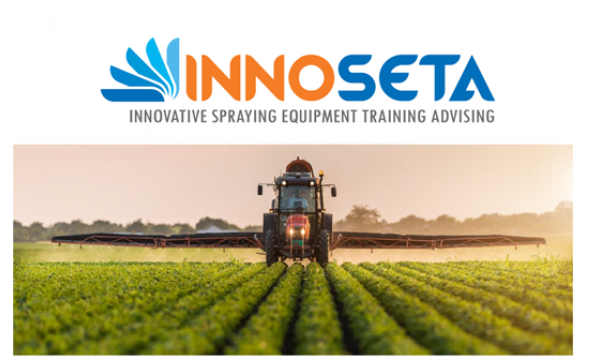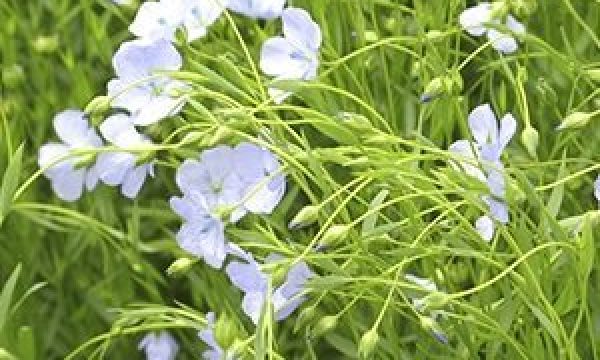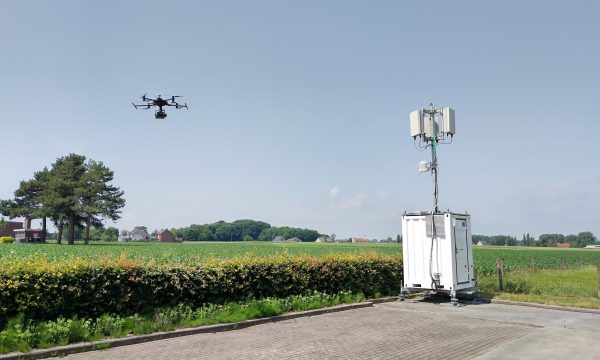Plant production
Technologies to make crop cultivation more efficient and sustainable are developed for arable farming and horticulture. Combinations of sensor technology, data processing and application technology are used for customized results.
To map variability within the field, different sensors can be used (cameras, hyperspectral sensors, LIDAR, reflection sensors, weighing cells, soil scanners, etc.). These sensors can be applied from different platforms (tractor, harvester, robot, drone or static) to monitor soil, crop and climate parameters, e.g. to detect areas with higher weed or disease pressure, or zones with differences in soil compaction.
Sensors generate a large amount of (big) data, to which data processing algorithms (e.g. artificial intelligence, machine learning, deep learning) must be applied to extract useful information. From this, task maps can be created via decision models for site-specific tillage (e.g. performing deep tillage) or site-specific (variable) application of products (crop protection products, inorganic fertilizer, liquid manure, organic fertilizer, lime). In this way, the treatment/dose is adapted to the specific needs of the crop or soil.
We develop and test prototypes, often in collaboration with technology suppliers and farmers, e.g. for harvesting new crops. We also have expertise in process automation and robotics.


